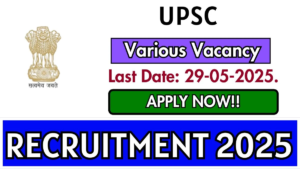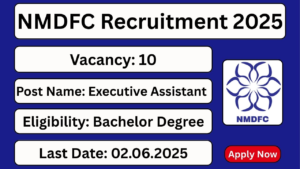Planning vs. Reality: A Perpetual Dance

The Illusion of Control
The adage “best laid plans often go awry” encapsulates a timeless truth: the discrepancy between meticulous planning and the unpredictable nature of reality. While meticulous planning can provide a sense of control and direction, it’s often insufficient to guarantee desired outcomes. The interplay between planning and reality is a complex dance, where unexpected twists and turns can significantly alter the course of events.
The Power of Planning
Planning, at its core, involves setting goals, devising strategies, and allocating resources to achieve specific objectives. It’s a systematic approach that empowers individuals and organizations to anticipate challenges and make informed decisions. A well-crafted plan can serve as a roadmap, guiding actions and providing a framework for evaluation. However, even the most meticulously designed plans can falter in the face of unforeseen circumstances.
The Unpredictability of Reality
Reality, on the other hand, is a dynamic and unpredictable force. It’s characterized by constant change, uncertainty, and the unexpected. External factors, such as economic fluctuations, political upheavals, or natural disasters, can disrupt even the most carefully laid plans. Additionally, internal factors, such as human error, organizational inefficiencies, or unforeseen obstacles, can derail progress.
Bridging the Gap
The gap between planning and reality often stems from the inherent limitations of human foresight. While we can anticipate certain trends and potential challenges, it’s impossible to predict every possible contingency. As a result, plans must be flexible and adaptable to accommodate unexpected developments.
To bridge the gap between planning and reality, it’s essential to embrace a mindset of continuous learning and adaptation. By regularly reviewing and adjusting plans, individuals and organizations can increase their chances of success. Additionally, effective communication, collaboration, and risk management can help mitigate the impact of unforeseen challenges.
Embracing the Imperfect
In conclusion, while planning is a valuable tool, it’s important to recognize its limitations. By acknowledging the inherent unpredictability of reality and adopting a flexible and adaptive approach, individuals and organizations can navigate the complex interplay between planning and reality with greater success.










